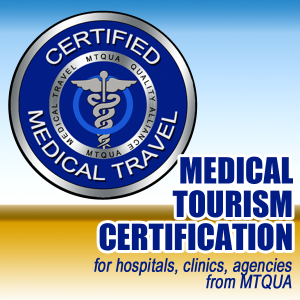Patients, especially medical travelers, should ask for – and receive – information about the hospital where their procedure is to be done. This includes infection rates, success rates for this procedure and with the specific surgeon.
Medical tourists need to know, among other things, who will be the surgeons and what are their backgrounds and experience.
This information is not just hard to get. whether from a hospital or medical tourism company, even if it exists. It’s often difficult to understand, and hard to compare. It’s out of context. Indeed, it’s often useless or meaningless.
Finding medical quality information
Searching out medical quality may be as hard as looking for the needle in a haystack.
One health care expert in America, planning an elective surgery for himself, decided to find out as much as he could about his hospital, his doctor, his costs, and his surgery. His conclusion?
It was impossible to determine, in advance, my likely costs or to obtain truly comparable costs among different providers.
He asked about a lot of patient safety issues – radiation safety procedures such as safety monitoring and likely dose before his CT scan (he got that information but wasn’t sure that even he knew how to interpret it).
He was told the general hospital-specific outcomes for his procedure but was less sure about the comparability of definitions and surveillance techniques.
H was not successful in comparing surgeons’ outcomes, even generally, much less outcomes for specific procedures (and confidence intervals on those estimates).
He did get detailed information about infection control procedures and data… but reluctantly and only after he told them he had run the infections programs for the Center for Disease Control in the U.S.
Good luck in understanding the medical information you get
If patients ask, they can find some information if they work hard at it. But even he — with medical experience and professional background — had trouble figuring out what the information meant.



